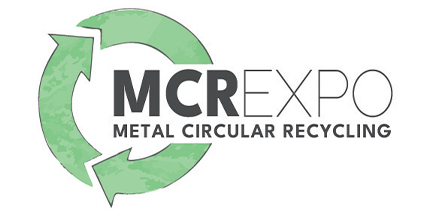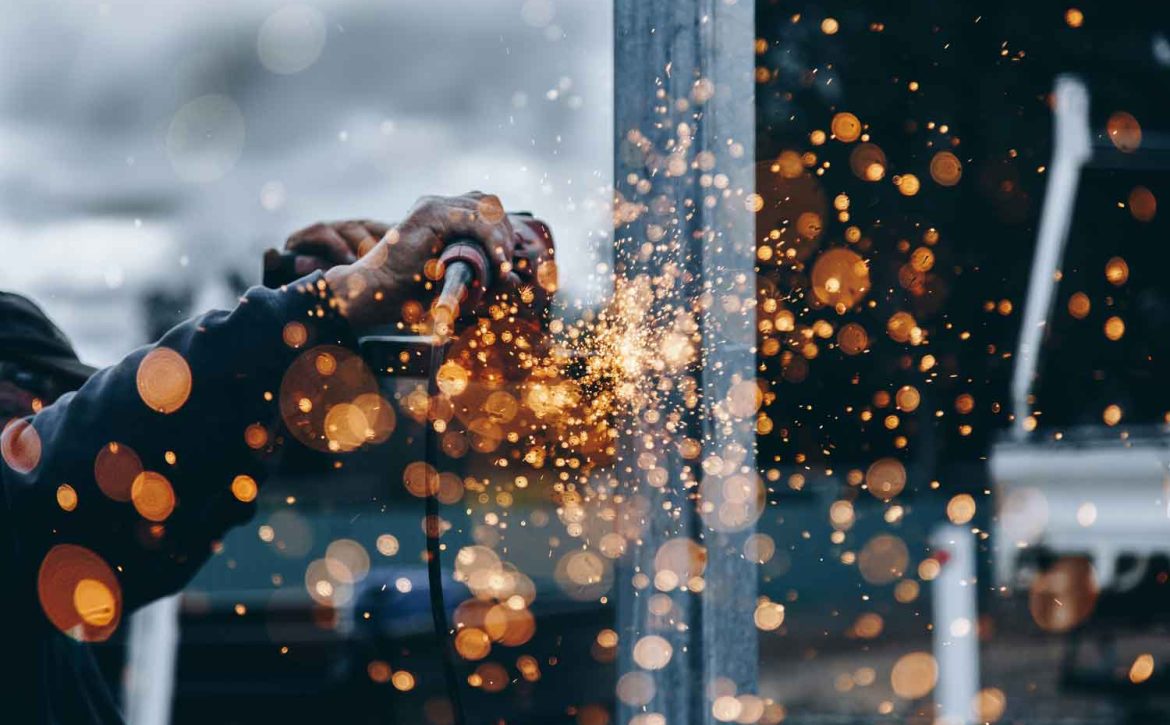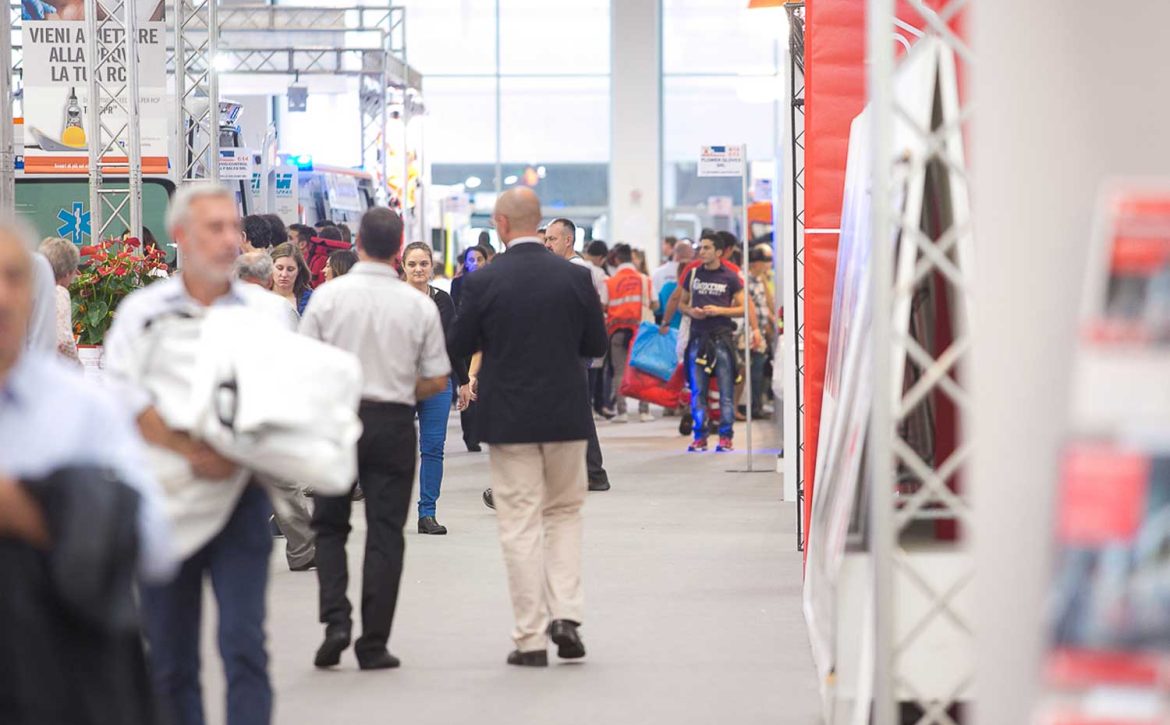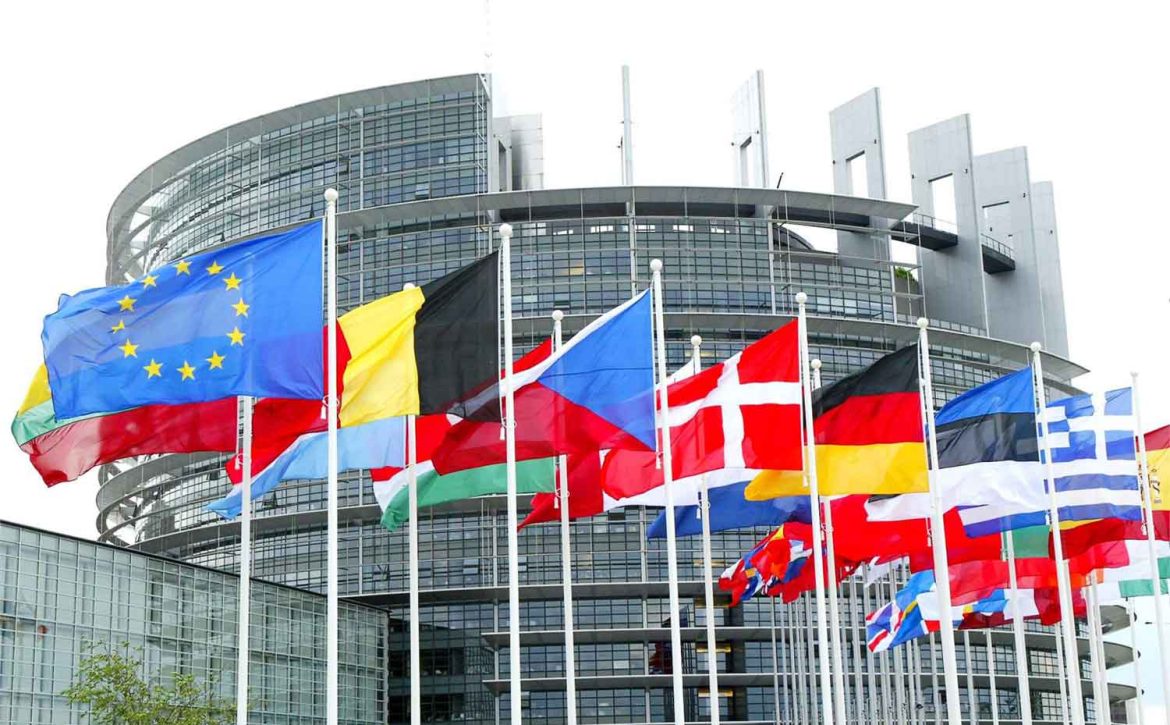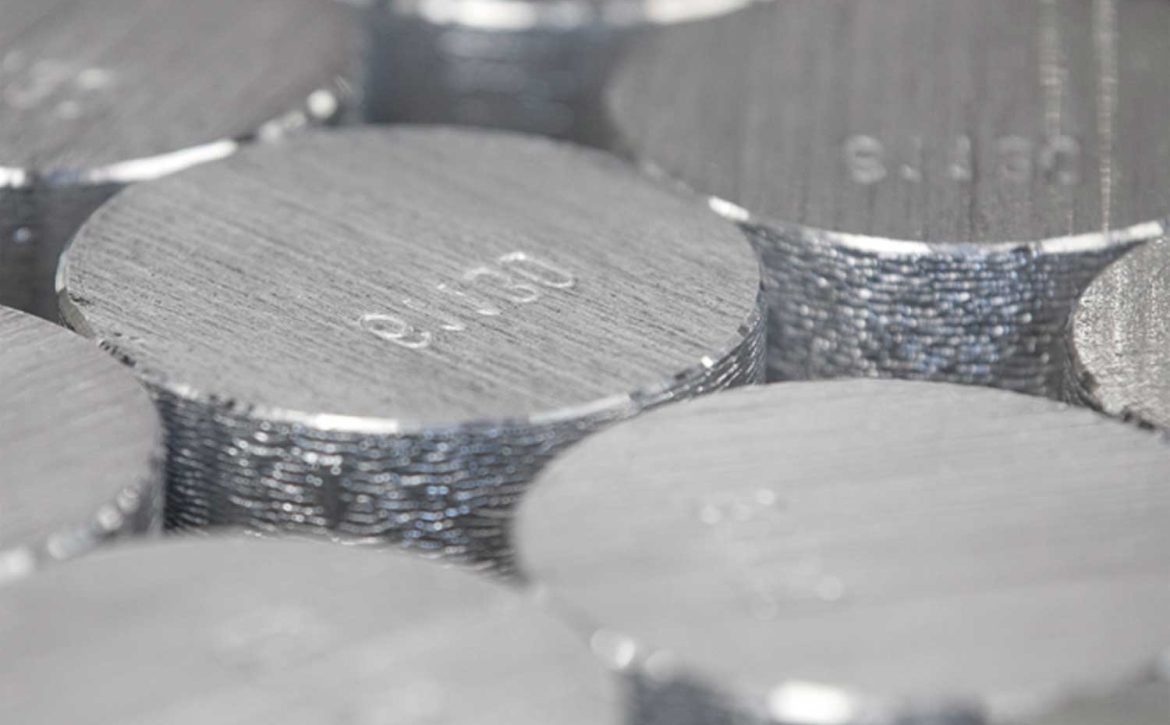Assomet, patron of MCR EXPO, at the hearing in the Chamber of Deputies on the new Legislative Decree. 84 “Critical raw materials”
The Productive Activities Commission met with the leaders of the non-ferrous metal industries association on the new Legislative Decree no. 84 of 25 June 2024 “Urgent provisions on critical raw materials of strategic interest”.
The director of Assomet, Orazio Zoccolan, spoke at the beginning of July at the Productive Activities Commission of the Chamber of Deputies on the topic of critical raw materials, the subject of the Legislative Decree. n. 84 of last June 2024.
“Non-ferrous metals – observed Zoccolan – are mostly classified as critical and strategic raw materials, as in the case of copper and aluminium. For this reason Assomet is directly interested in the rules for adapting to the provisions of the Critical Raw Materials Act ( CRMA – EU Regulation 2024/1252) and welcomes the will of the Italian government to rationalize the required administrative obligations for strategic projects“.
“Europe’s energy transition objectives – said Zoccolan – will increase the demand for base metals (aluminium, copper, zinc, silicon), battery materials (lithium, cobalt, nickel, graphite, manganese, lead), rare earths and others. And we know well that metals represent a permanent resource thanks to recycling. Incentivizing and promoting recycling activities will allow a better supply of raw materials for manufacturing industries, in particular those involved in products necessary for the ecological and digital transition, reducing dependence on non-EU supplies“.
Regarding the merits of Legislative Decree no. 84, the director of Assomet brought to the attention of the Commission the issue of the export of scrap metal outside Europe, requesting that the monitoring of flows, already provided for ferrous metals by Legislative Decree 21/2022 , be extended to copper and aluminum scrap, burdened by the same supply problems on the national territory.
“Our proposal – stated Zoccolan – involves adding the Ateco codes for copper and aluminum scrap to those already present. The overall opinion on the provision is positive, however we believe it is necessary to strengthen some measures to speed up the authorization processes. And we join the considerations expressed by Confindustria, in particular where they support the criteria dictated by the circular economy, which promotes the recycling of strategic materials”.
